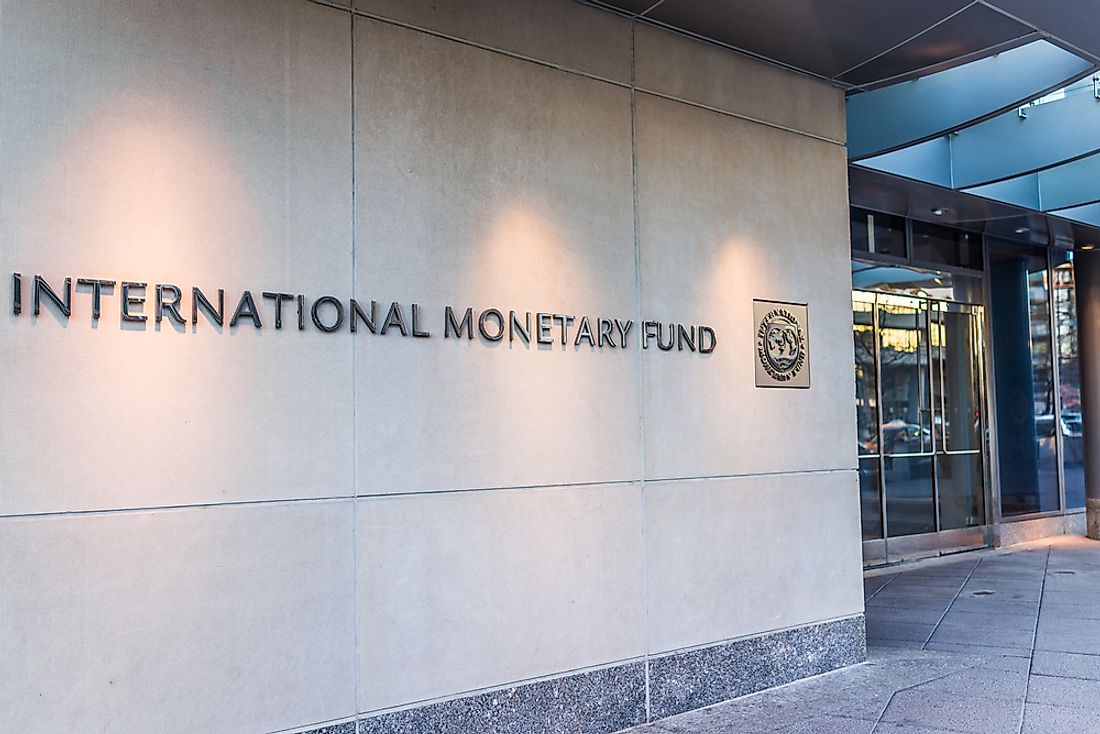RIO DE JANEIRO, BRAZIL – In the Fiscal Monitor update, released this Thursday, January 28th, the IMF’s gross debt projection for 2020 dropped from the 101.4% of GDP projected in October to 95.6%, while the projection for 2021 dropped from 102.8% to 92.1% of GDP. Despite the drop, these figures are much higher than the average for emerging economies, which should remain at 65.3% of GDP this year, according to the IMF.
The IMF does not explain the reasons for the change in estimates for the Brazilian debt compared to the October projections, nor for the prospect of a drop in the indicator in 2021 compared to 2020.

However, the improvement in the Fund’s projections for Brazilian GDP helps to understand the revision. On Tuesday, the IMF raised its projections for the country’s economic growth in 2021 from 2.8% to 3.6%; for 2020 it reduced the drop from -5.8% to -4.5%. Higher inflation also contributes to reducing indebtedness as a proportion of the economy’s size by inflating GDP in nominal values.
The IMF uses a different criterion from Brazilian authorities to estimate gross debt, including Treasury bonds in the Central Bank’s (BC) portfolio. According to the Brazilian criterion, the country’s gross debt should have closed 2020 at 90% of GDP, below the 95.6% of GDP projected by the IMF.
Brazil is mentioned three times in the seven-page report. The first is to comment on the worsening of the public deficit in emerging countries in 2020, when virtually 90% of these economies relaxed their fiscal policies to fight the health crisis and sustain economic activity.
The Fund notes that Brazil has expanded its social protection network and promoted a program to preserve jobs. The IMF further says that the expiry of Brazil’s “war budget” in late 2020 and a return to the spending cap entail an “abrupt tightening of primary spending” [which does not include interest spending]. However, despite the sharp removal of fiscal stimulus expected in 2021, Brazil’s financing needs remain high, and gross debt should stand at 92.1% of GDP.
In addition to reducing projections for Brazilian indebtedness, the institution has upgraded projections for the nominal deficit (which includes interest expenses). For 2020, the expected shortfall fell from 16.8% to 14.5% of GDP; for 2021, from 6.5% to 5.9% of GDP.
The report states that US$14 trillion in global fiscal support has contributed to saving lives and mitigating the impact of the pandemic on consumption and production. Coupled with the economic contraction that slashed revenues, this assistance led to an increase in debt and public deficit.
Global governments’ indebtedness, for instance, closed 2020 at 98% of GDP, the IMF estimates, compared to the 84% of GDP projected by the institution in October 2019.
The Fund says that the strength of countries’ economic rebound hinges on controlling the pandemic and continuing to support well-designed policies according to each country’s situation.
In the report, the IMF states that while effective vaccines offer hope, policies need to quickly address any changes in health and economic conditions.
Should economic and pandemic indicators decline, the removal of support for the most impacted people and companies should be halted or reversed, while improving the focus, according to the Fund. Temporary and targeted measures may need to be extended.
The report offers no specific suggestions to Brazil. However, in its annual X-ray of the Brazilian economy last year, the IMF recommended maintaining the spending cap, while stating that authorities should be prepared to provide additional fiscal support if “the evolution of health, economic, and social conditions” were “worse than expected”.
In the Fiscal Monitor’s update, referring generically to emerging economies, the IMF says that strengthening social protection systems by improving coverage and benefit adequacy and improving efficiency helps to fight increased inequality and poverty. However, the institution notes that public debt has skyrocketed as a result of the crisis, maintaining high levels of vulnerability. “Balancing short-term support with demand for a medium-term sustainable rebound is essential,” says the IMF.
“Credible medium-term fiscal adjustments and balanced consolidation strategies need to be developed, particularly in highly indebted countries, supported by inclusive and pro-growth measures.”

